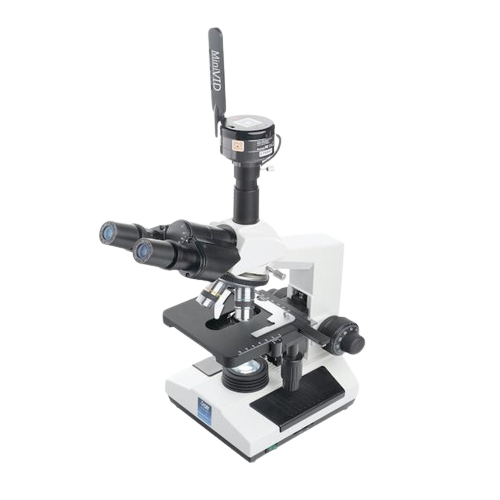Hungry Worms
Microbiology Testing
Microbiology Testing
Couldn't load pickup availability
Worm Casting Microbiology Testing
What this test includes
- Directions on how to collect, and ship, a representative sample for testing.
- Bacterial Biomass in μg/g
- Fungal Biomass in μg/g
- Fungal to Bacterial Ratio
- Protozoa counts (Ciliates, Flagellates, Testate and Naked Amoeba).
- Nematode counts (Bacterial Feeding, Fungal Feeding, and others).
- Other relevant organisms (Arcella, Tardigrades, Diatoms, Rotifers, etc.)
- Interpretation of your results
- A short video recording of your sample under the microscope with narration
This test is also suitable for composts, extracts or teas, and soil.
Share

Worm Castings - Minerals vs. Microbes.
The benefits of worm castings are in the biology, not the nutrients!
Worm castings will generally be around 1-0-0 NPK, or 1% Nitrogen.
Based on nutrients alone, to grow an acre of corn, requiring 200 pounds of nitrogen, you would need 20,000 pounds of worm castings.
That's a lot of worm poop!
However, the power of worm castings is not in the minerals. The power of worm castings is in the microbes.
A handful of worm castings is like a small galaxy, populated with billions of microorganisms that perform vital soil functions.
Billions of bacteria and miles of fungal hyphae unlock nutrients within the soil that have been previously inaccessible to plants, form soil structure, increase water holding capacity, sequester carbon into the soil, correct pH imbalances, strengthen plant's immune system, saline tolerance, boost germination rates, and the list goes on!
Protozoans and nematodes are the driving forces of nutrient cycling, and disease suppression. They graze on microbes and release plant available nutrients directly in the rhizosphere and their grazing can provide hundreds of pounds of nitrogen per acre.
The microbial richness of vermicast is why experts, like Nicole Masters, Elaine Ingham, David Johnson, and others have recommended rates as low as 1 pound per acre if your worm castings are rich enough.
And that is the quality of worm castings that you need to know, and your customers want to hear about.
So don't focus on the NPK Analysis of your worm castings. What you and your customers need to know about is the microbiological quality of your worm castings.
Learn More About Soil Microbiology
Learn a LOT More About Soil Microbiology
This link is an affiliate link. If you click the link and make a purchase, I may earn a commission at no extra cost to you.”

